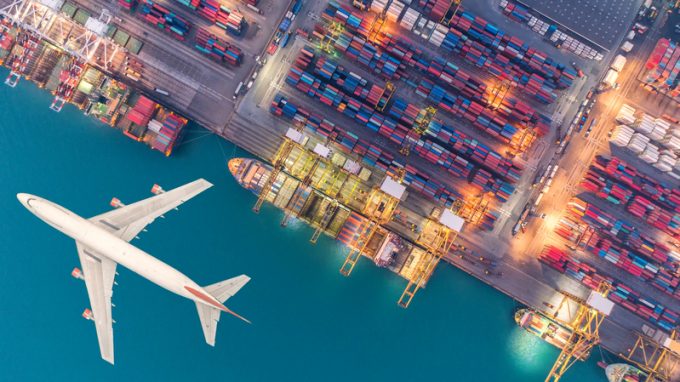Gemini Cooperation carriers steam ahead of rivals in reliability stakes
Ocean carriers “need a big nudge” to get their global on-time performance (OTP) back to ...

Shippers have a particular set of criteria which determines whether to use sea or air; and price is not the key driver usually assumed.
According to Niall van de Wouw, head of airfreight for Xeneta, the price ratio between sea and air is less crucial than ...
Keep our news independent, by supporting The Loadstar
Red Sea crisis has driven most new capacity into extended Asia-Europe trades
Carrier price hikes hold, driving spot rates higher as space gets scarcer
Crew forced to abandon ship in latest fire on vessel carrying EVs
The Loadstar Podcast | Transport Logistic and Air Cargo Europe 2025
Carriers on the hunt for open tonnage again as transpacific rates soar
'Now or never' for Kuehne and DHL GF to hit back at DSV
Asia-West Africa ULCV deployment opens new markets for carriers
Project cargo: oversized and heavy, posing risks outside the norm for ports
Turkish Airlines falls foul of air safety regulations, claims India's aviation authority
CMA CGM eyeing multi-billion euro investment programme in Algeria
Air cargo players still wary of long-term block space deals – 'a risk on both sides'

Comment on this article
Pichuiyer Balasubramanian
November 09, 2023 at 2:04 pmThis article almost nails an important point – why would anyone chose air which is more expensive and not that eco friendly? So, only if ocean messes things up, air gets a chance – not a positive stroke at all for air freight.
Matthew Gore
November 09, 2023 at 5:09 pmInterested in readers’ thoughts on combined air-sea services, e.g. Asia to Europe via Middle East – best of both worlds, worst of both worlds or something else?